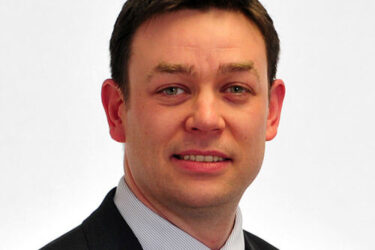Capital allowances always form a key part of tax planning considerations for any business, particularly those in agriculture; what with the significant price tag that a lot of machinery carries. In that respect, the announcement made in the October 2018 Budget to temporarily increase the Annual Investment Allowance (AIA) limit to £1,000,000 from £200,000 was a welcome one.
The temporary increase was for a period of 2 years from 1 January 2019; the intention being to bolster the economy by providing tax incentives for businesses to invest in plant and machinery. This temporary increase is due to come to an end on 31 December 2020 where the limit will revert to the previous figure of £200,000, unless of course, the Chancellor has a change of heart
Many agricultural businesses do not have a 31 December year-end and this leads to complications in calculating the amount of AIA available for use where the AIA limit changes during the financial year. For instance, for a year end of 31 March 2021, the total AIA available will be approximately £800,000. However, as with all things tax related, timing is key, in this case only £50,000 of AIA is available for qualifying purchases that occur in the period 1 January to 31 March 2021.
In summary, if a business is planning on purchasing expensive equipment in the near future, it may be more tax beneficial to purchase before the end of the calendar year.
Unfortunately, the country is currently in particularly uncertain times due to the Covid-19 pandemic, and to add insult to injury, the results of the 2020 harvest are looking mixed at best. Both of these factors are likely to have a significant impact on cash available to invest in large equipment purchases. There are options available other than outright purchase to ease the cash flow burden of equipment acquisitions and, provided specific conditions are met, capital allowances may still be available on assets acquired under these financing arrangements.
Business decisions should not be made based on the tax advantages that those decisions can yield, especially if the course of action could put the business under significant financial pressure.
For more information please contact Hugh Simpson.

